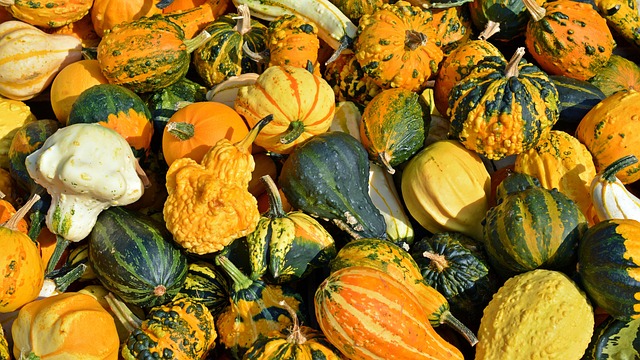Yard Waste Removal and Recycling is a vital step towards sustainable communities, offering significant environmental benefits over traditional methods like burning or landfilling. Eco-friendly practices include composting organic waste into nutrient-rich soil amendments and recycling materials like wood chips and mulch to close the loop on waste management. Key strategies involve integrating yard waste recycling, repurposing materials for gardening, and categorizing waste for efficient processing, reducing costs and promoting greener home landscapes.
In today’s eco-conscious world, understanding and mitigating yard waste impact is crucial. This article explores sustainable alternatives and effective strategies for Yard Waste Removal and Recycling, guiding you towards a greener approach to yard maintenance. We delve into the environmental consequences of typical yard practices and offer practical solutions. Learn how to transform your yard into a vibrant, eco-friendly space by adopting simple yet powerful methods for yard waste removal and maximizing recycling potential.
- Understanding Yard Waste Impact and Sustainable Alternatives
- Effective Strategies for Eco-Friendly Yard Waste Removal
- Recycling Yard Materials: A Comprehensive Guide
Understanding Yard Waste Impact and Sustainable Alternatives

In many communities, yard waste makes up a significant portion of total municipal solid waste. However, understanding the impact of this waste is the first step towards making more sustainable choices. Yard Waste Removal and Recycling isn’t just about reducing landfill contributions; it’s also about minimizing greenhouse gas emissions, preserving natural resources, and fostering healthier ecosystems. Traditional disposal methods often involve burning or landfilling, both of which release harmful pollutants.
Sustainable alternatives to conventional yard waste management offer numerous benefits. Composting, for instance, transforms organic materials into a nutrient-rich soil amendment that enhances garden fertility and reduces the need for synthetic fertilizers. Many communities now provide Yard Waste Removal services specifically tailored to collect compostable materials, making it easier than ever for homeowners to adopt eco-friendly practices. Additionally, recycling certain yard waste products, like wood chips or mulch, can find new life in local parks and gardens, closing the loop on waste management.
Effective Strategies for Eco-Friendly Yard Waste Removal

Effective strategies for eco-friendly yard waste removal involve integrating sustainable practices that minimize environmental impact. One key approach is yard waste recycling, which turns organic materials like grass clippings, leaves, and food scraps into nutrient-rich compost or mulch, reducing the need for synthetic fertilizers and preserving natural resources. Homeowners can start composting at a small scale in their backyard, utilizing simple bins or more advanced systems to speed up the decomposition process.
Additionally, reusing materials is an innovative strategy that cuts down on waste generation. For instance, instead of discarding old garden beds or wooden pallets, repurpose them into elevated planters or container gardens. This not only reduces yard waste but also promotes a creative and sustainable gardening approach, contributing to a greener and more eco-conscious environment.
Recycling Yard Materials: A Comprehensive Guide

Many yard materials, from grass clippings and leaves to branches and old plants, can be recycled instead of being sent to landfills as waste. This not only reduces the amount of organic matter ending up in dumps but also creates a nutrient-rich resource for your yard and garden. Recycling yard waste is an excellent way to embrace sustainability and contribute to a greener environment.
A comprehensive guide to recycling yard materials involves separating them into categories like green waste (grass clippings, leaves), wood chips (from pruned branches), and compostable plant material. Green waste can be used for making compost, which enriches soil structure and fosters healthier plants. Wood chips can be incorporated into garden beds to improve drainage and suppress weeds. Compostable plant material can be returned directly to the soil as a natural fertilizer. Properly managing and recycling these materials not only minimizes yard waste removal costs but also promotes a more sustainable and environmentally friendly approach to home gardening and landscape maintenance.
In conclusion, adopting sustainable yard maintenance practices is not just an eco-conscious choice but also a proactive step towards reducing waste and preserving our environment. By understanding the impact of yard waste and exploring alternative methods like effective removal strategies and recycling, we can significantly contribute to a greener planet. Implementing these practices ensures a balanced approach to yard care, allowing us to enjoy lush outdoor spaces while minimizing our ecological footprint. Let’s embrace the power of sustainable yard maintenance and take charge of our environmental responsibility, one lawn at a time.
